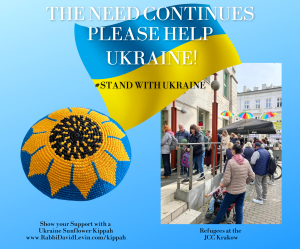 Emma Lazarus’ famous words, inscribed at the base of the Statue of Liberty, beckon the forgotten and desperate to look towards America. Our economy is based on everyone’s contribution.
Emma Lazarus’ famous words, inscribed at the base of the Statue of Liberty, beckon the forgotten and desperate to look towards America. Our economy is based on everyone’s contribution.
Elon Musk recognizes the need for highly skilled workers, the ‘Gifted-Minds,’ to advance productivity in our economy. He advocates for the immigration of such workers, including expanding H1B visas. However, the United States also requires physically capable workers, the “Abled-Bodies.” As much as we need engineers and scientists, we need skilled and unskilled labor for the fields, factories, and construction. Without these workers, the supply of goods and products will decrease, pushing higher prices. Even in Musk’s vision of a new technological age, we need both kinds of workers.
The unskilled view us as a land of opportunity. A functioning immigration system managing the process benefits our economy and promotes their well-being. The current system exploits workers in the worst of ways while giving us cheap food. A comprehensive system, regulations, and unionization are ways to ensure they are not exploited in the dark meaning of the word.
Arguably, the shift toward a fair living wage benefits all of us. The increased costs of a legitimate worker are offset by the reduced support people need from public assistance and the reduced burdens of immigration and the legal system, which creates taxpayers. However, a comprehensive immigration policy that promotes lawful access to our country’s opportunities is not enough; we need to go further.
The undocumented immigrants are fleeing their desperate homelands in search of economic opportunities. This is a familiar narrative. The same prospects drove many of our families to take the enormous risks of coming here. It is in our national interest to foster stable societies in these otherwise despairing and hopeless regions. By doing so, we can reduce the need to flee and alleviate the pressures on our borders.
We can and must do better than a broken system that functions as a battleground for political parties. We can strengthen our borders, build better relationships with our neighbors, and, just as importantly, create a more dynamic economy right here at home. The promise of Emma Lazarus’s words continues to inspire a new vision for America and hope for the future.





